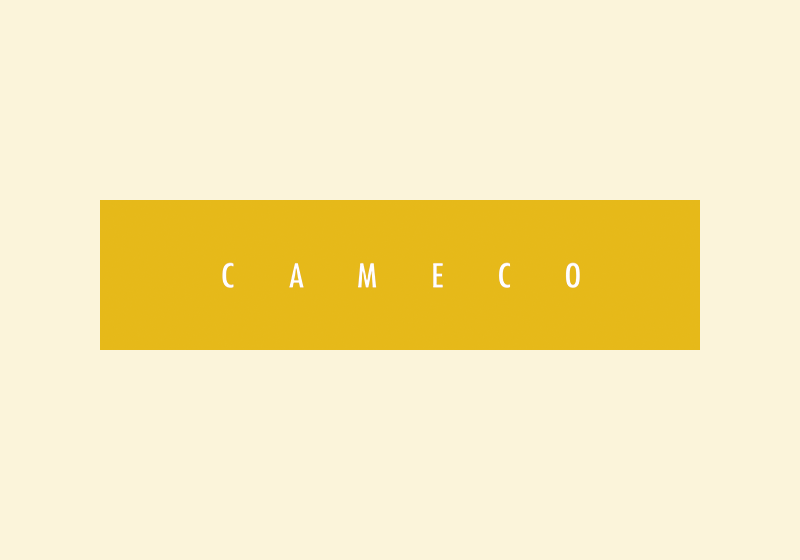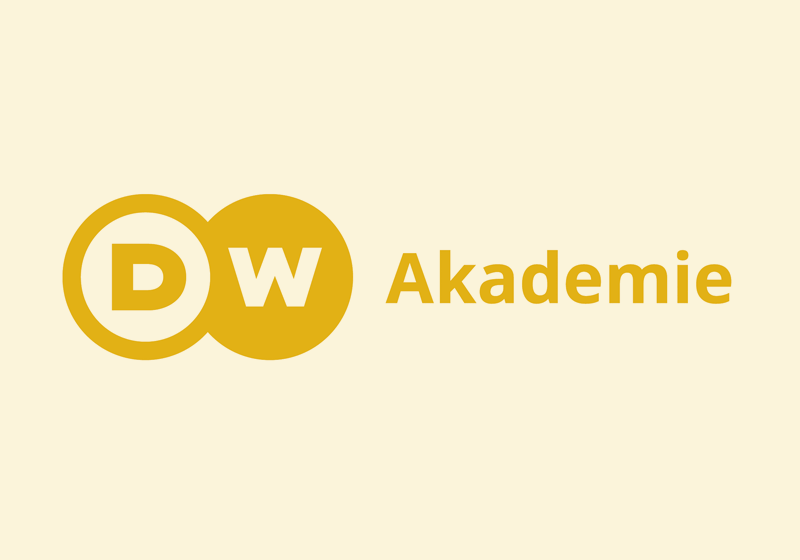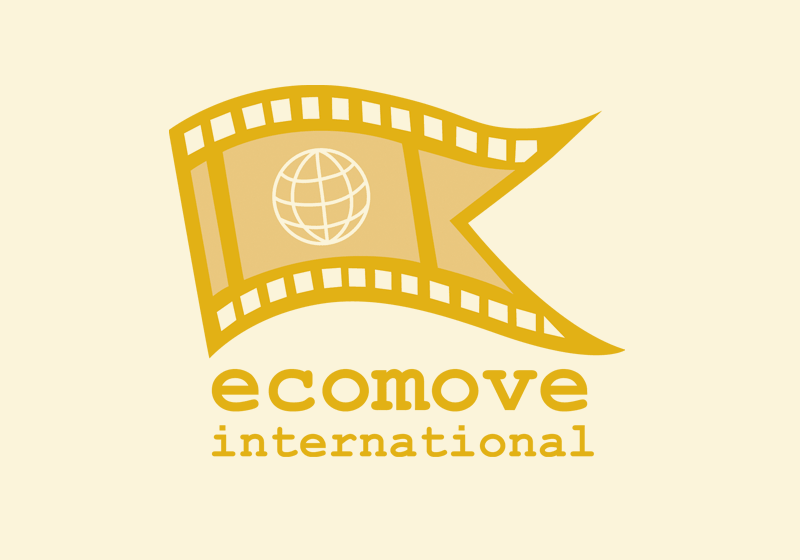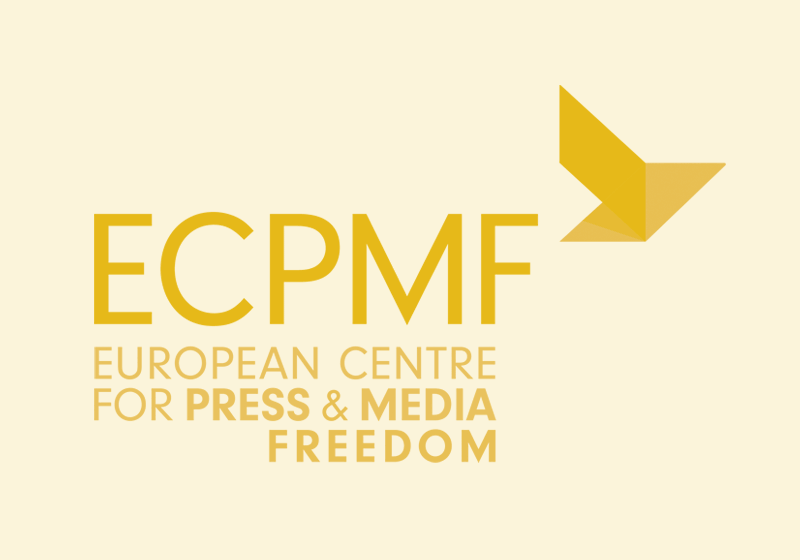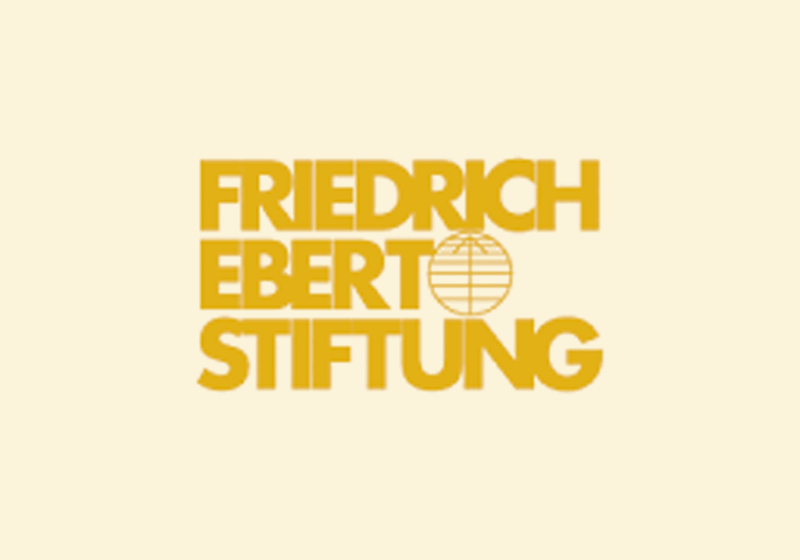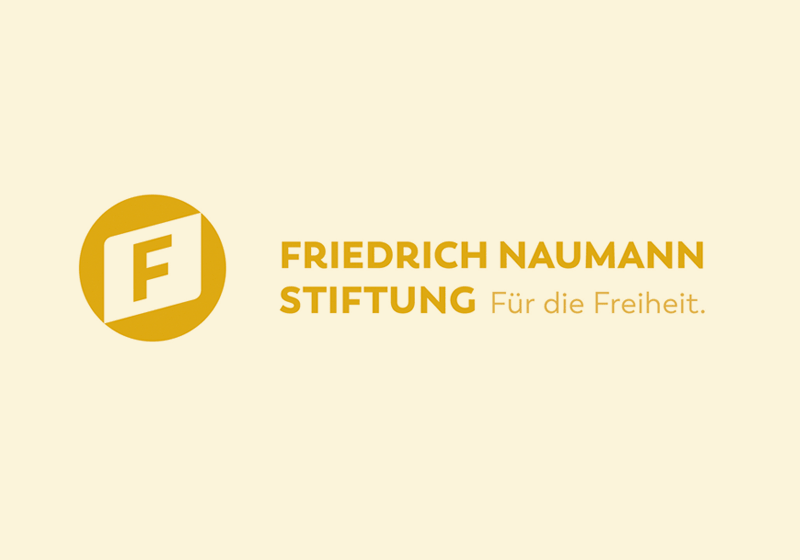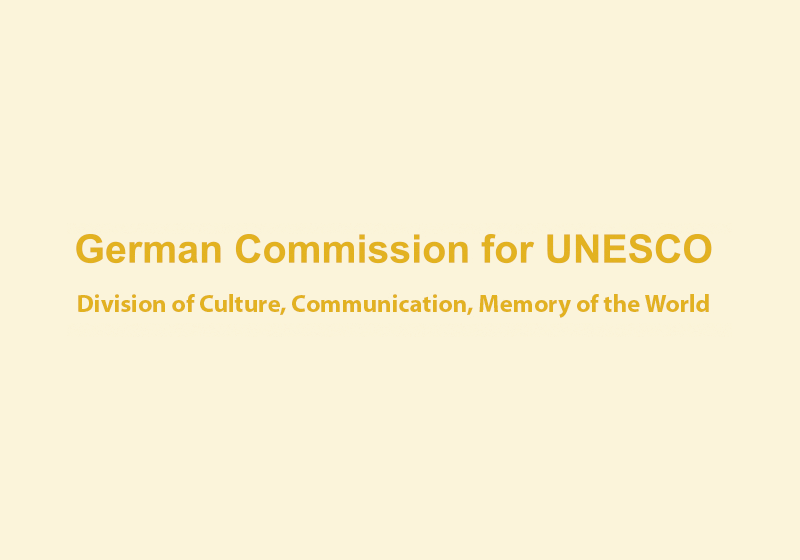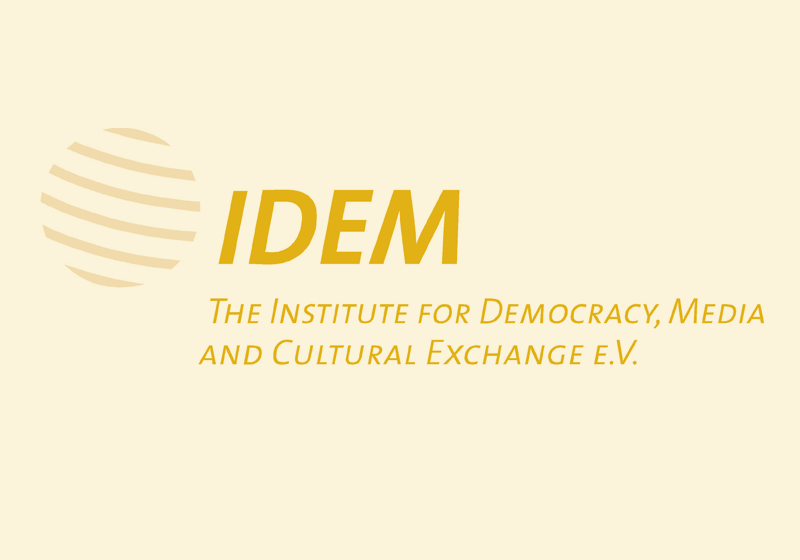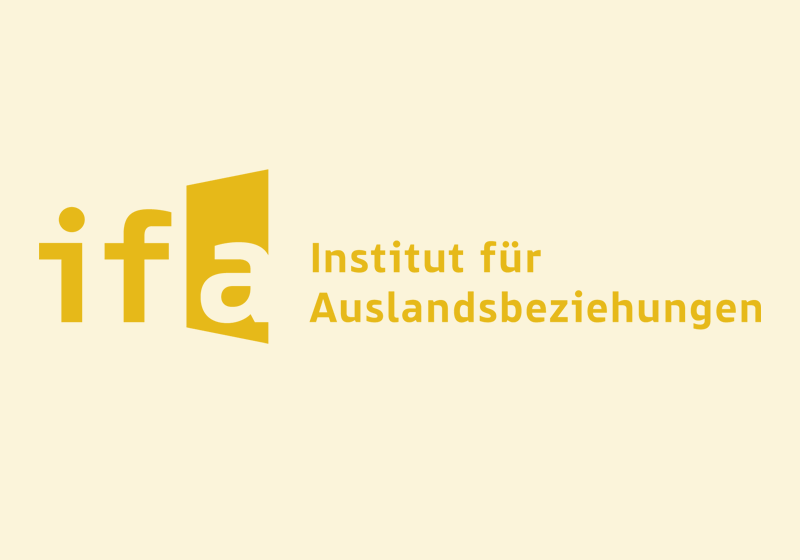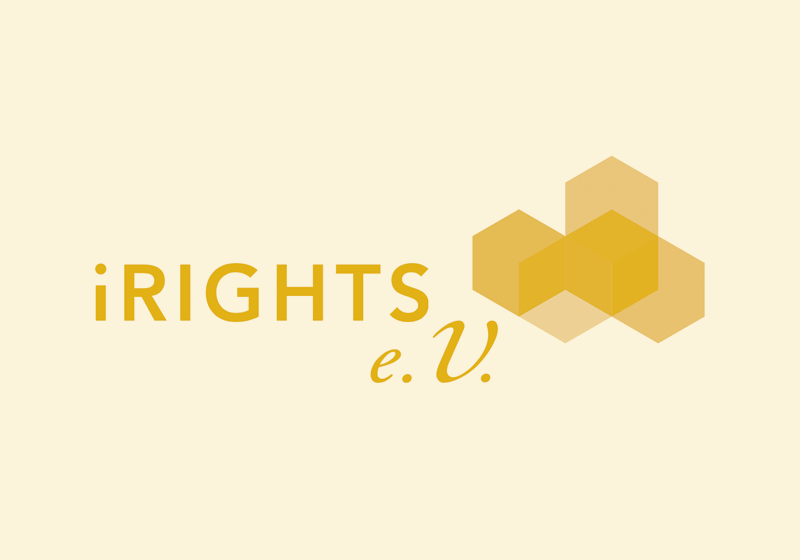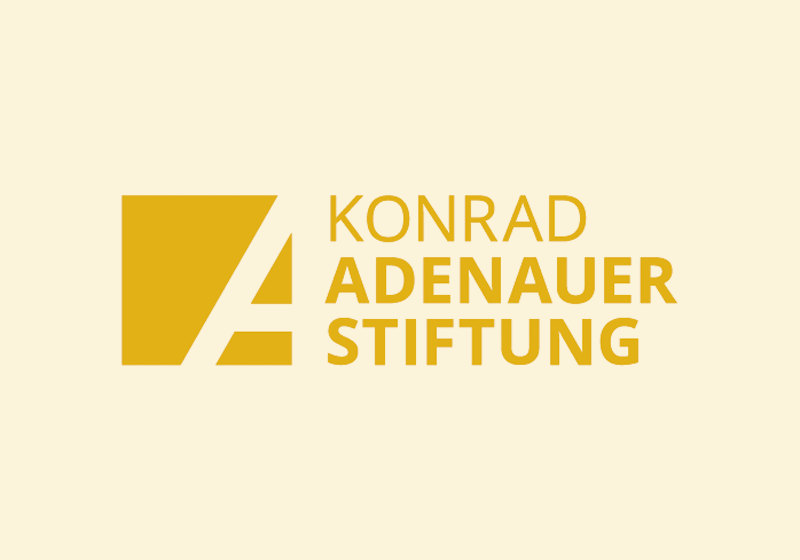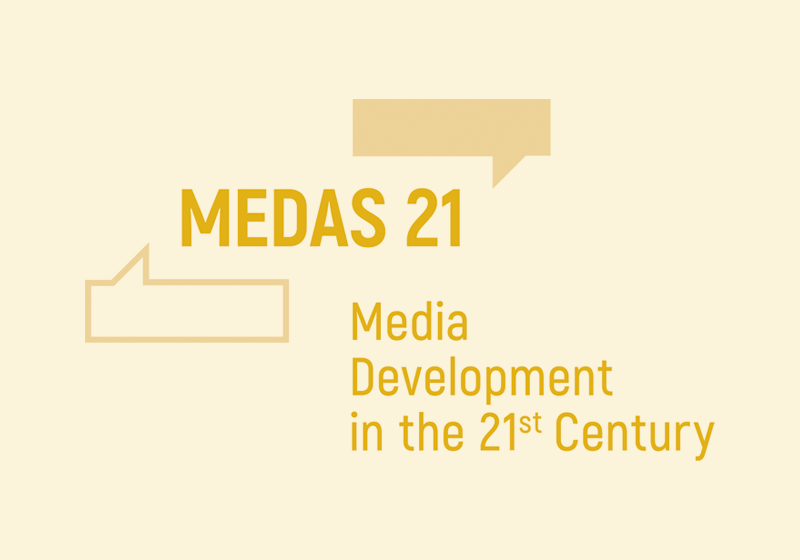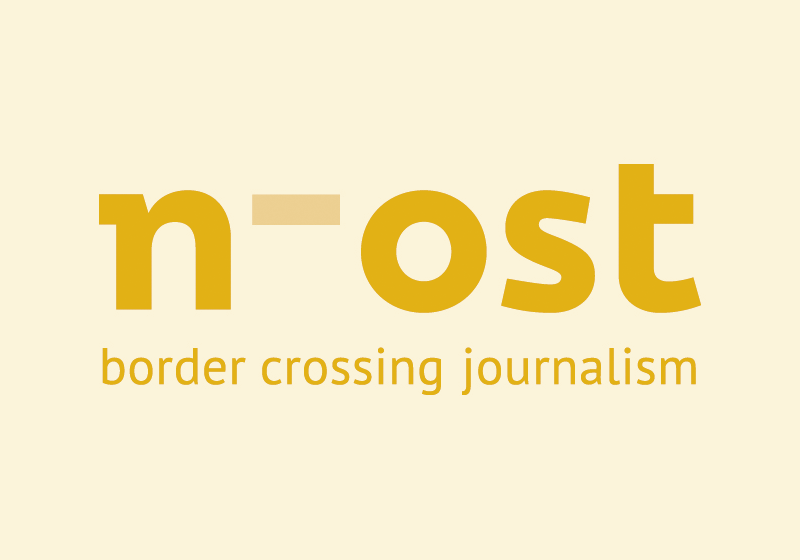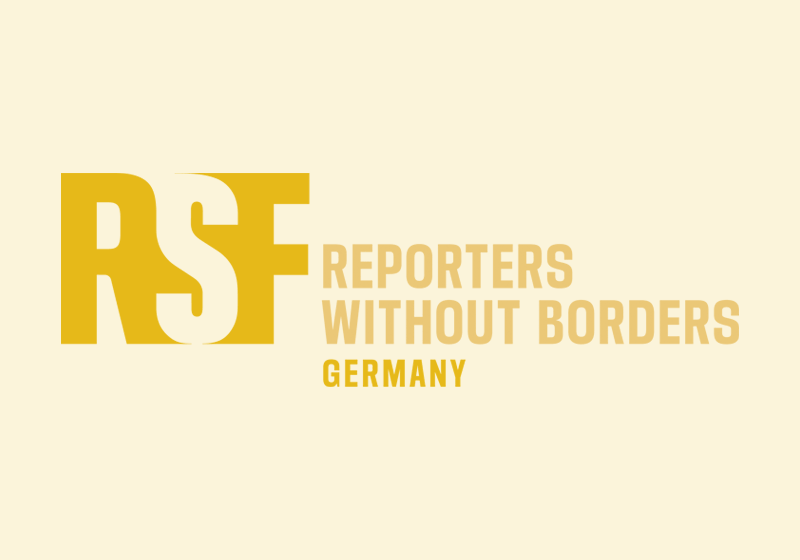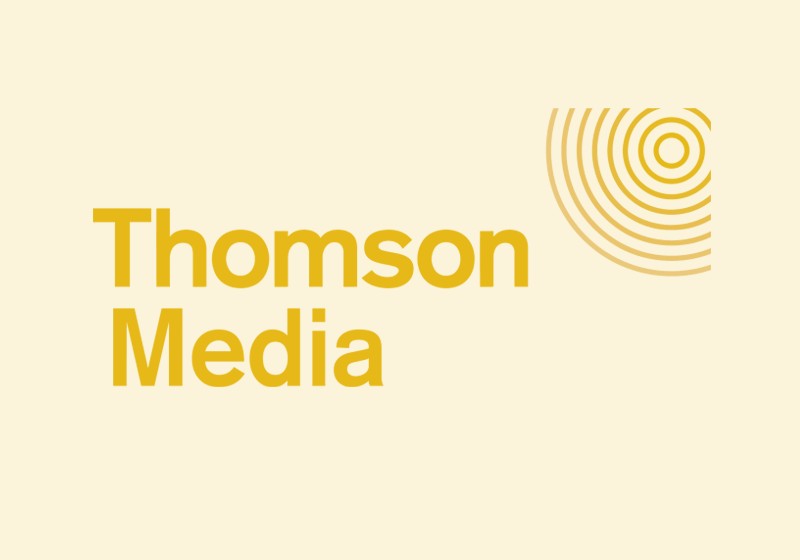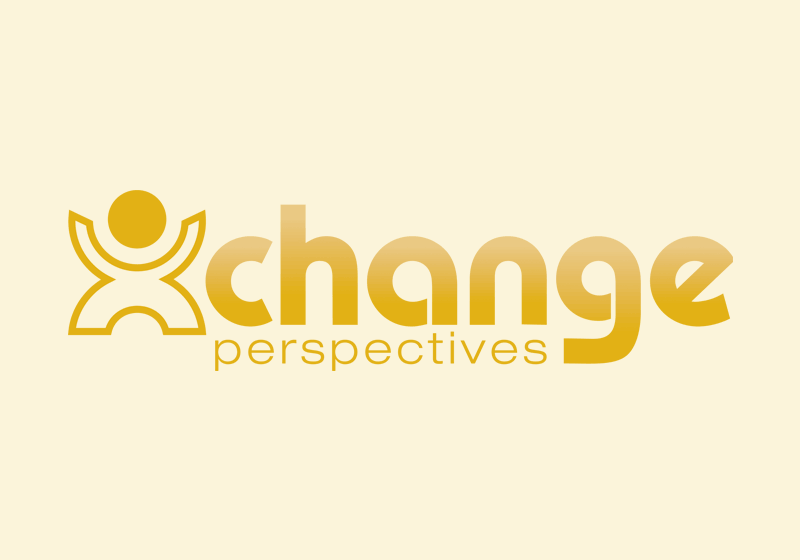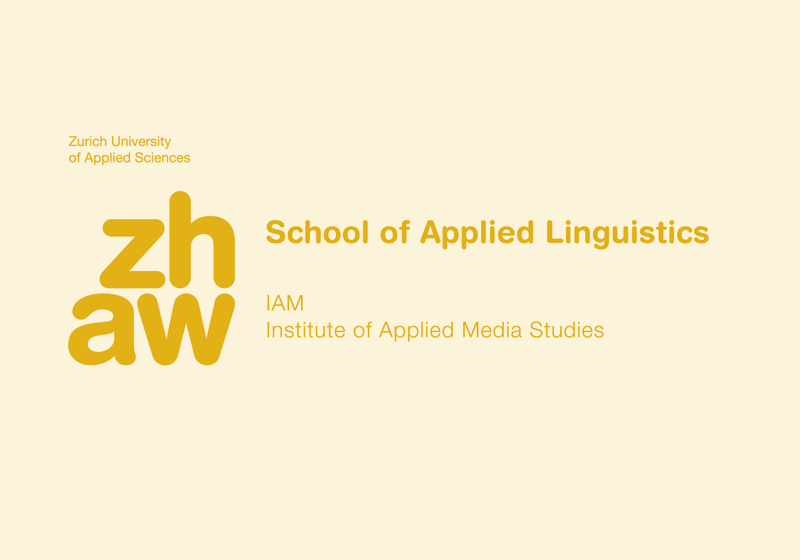Symposium 2021 – Recordings Day 1
Thursday, 18th of November 2021 (9am – 5pm)
Contextualizing TRUST: what are we actually talking about?
Introduction by Anja Wollenberg, Head of Research with MiCT
Keynotes by: Nicole Stremlau, Research Professor in the Humanities at the University of Johannesburg and Head of the Programme in Comparative Media Law and Policy at the University of Oxford.
Benjamin Toff, Lead researcher in the Trust in News Project at Reuters Institute for the Study of Journalism; Assistant Professor at Hubbard School of Journalism & Mass Communication, University of Minnesota.
Q&A moderated by Carola Richter, Professor for International Communication at the Institute for Media and Communication Studies, Freie Universität Berlin, Germany.
—
Session 1 – Issues with trust in fragile contexts: what is the impact of armed violence and transition on media perception?
Panel hosted by EC4SC and MiCT
Media use and media perception are affected by tides of political stability and by the very features of political culture. In fragile states, due to weak or absent regulation, media users often have to cope with an excessive abundance of information sources. Faced with a cacophony of serious as well as dubious voices, individuals may feel overwhelmed and they may become skeptical of media and the journalistic profession. What is more, in conflict environments, trust in media is challenged by instrumentalization and media capture: conflict parties use media as tools to fight their enemies and support their allies; large corporates use media to manipulate public opinion in favor of their economic interests. In this panel we investigate how political conflicts and emerging media structures in Libya, Iraq and Afghanistan have an impact on media perception and trust in media.
Moderator:
Carola Richter, Professor for International Communication at the Institute for Media and Communication Studies, Freie Universität Berlin, Germany.
Speakers:
Hazrat Bahar, Shaikh Zayed University in Khost province of Afghanistan/Shanghai University.
Anke Fiedler, LMU Munich/Research associate with MiCT.
Anja Wollenberg, Head of Research MiCT.
—
Session 2 – Lessons learned from crisis communication: How can trust in media be improved?
Panel hosted by DW Akademie and Thomson Foundation
Close, vibrant and, not least, trusting relationships between media and the public are a cornerstone of viable media ecosystems. This is especially true in times of crisis, as it has been shown time and again, most recently by a DW Akademie study on repercussions of Covid-19 on global media freedom. Stella Suge, Country Director of Film Aid Kenya (FAK), shares her perspective on how trust can be won and must be cultivated. For her, small local media play an important role not only as reliable providers of information, but also as enablers of civic dialogue. FAK works in Kakuma and Dadaab refugee camps as well as informal urban settlements in Nairobi, to support and empower these marginalized communities and deliver life-saving information to those who need it most. DW Akademie works closely with FAK in Kakuma refugee camp on a programme called Sikika which is Swahili for “be heard”.
Public trust in the media has been challenged on many fronts in the Western Balkans as well, whether caused from pressure by authoritarian regimes, the absence of effective audience-related strategies or the lack of knowledge of new business models to sustain local media organizations. Davor Marko, Balkans Programme Manager at the Thomson Foundation, presents issues of distrust and trust using a variety of examples from the Western Balkans. He will emphasise so-called ‘mission’ or ‘mission-led media’ which have at their core the building of long-term and trusting relationships with their audiences. According to Davor, this requires constant re-branding in order for them to stay relevant and meaningful to their users, allowing for community-based models such as donations, memberships and crowdfund-ing to work. Norbert Sinkovic, Chairman of the Managing board of the Independent Journalists’ Association of Vojvodina (Serbia), shares his experiences of the association’s transformation into a well-organised and service-oriented media hub, capable of offering support in audience engagement and community-based models to local media in Serbia and beyond.
Moderator:
Friederike von Franqué, IDEM
Speakers:
Stella Suge, Country Director Film Aid Kenya (v).
Norbert Sinkovic, Chairman of the Managing board of the Independent Journalists’ Association of Vojvodina (Serbia).
Davor Marko, Balkans Programme Manager at the Thomson Foundation.
—
Session 3 – Does data journalism help the local press out of the crisis?
Panel hosted by IDEM
Data journalism can build trust in report-ing and clarify complex relationships. Local journalism is the anchor format for building trust in media per se, the starting point for regaining lost trust. At the same time, local journalism is in deep crisis. So doesn’t it make sense to merge these two fields? To what extent has this already happened, is it worth the effort, and what are the advantages and disadvantages for editorial teams? Especially in times of crisis, people need media they can trust. But traditional media are increasingly accused of being close to the state or profit-driven – and their credibility is thus being called into question. Data journalism is based on data and facts and is comprehensible on the basis of figures. So would data journalism be a solution model to help local journal-ism out of its crisis? Would it be an anchor to get local newsrooms on their feet financially? But does it pay off for newsrooms to increasingly use data journalists? With bundling formats like research alliances or with data newsrooms?
Moderator:
Friederike von Franqué, IDEM
Speakers:
Anastasia Valeeva, Data journalist and co-founder of the school of data in Kyrgyzstan and Russia.
Altynai Mambetova, School of Data in Kyrgyzstan.
Continue to day 2.


